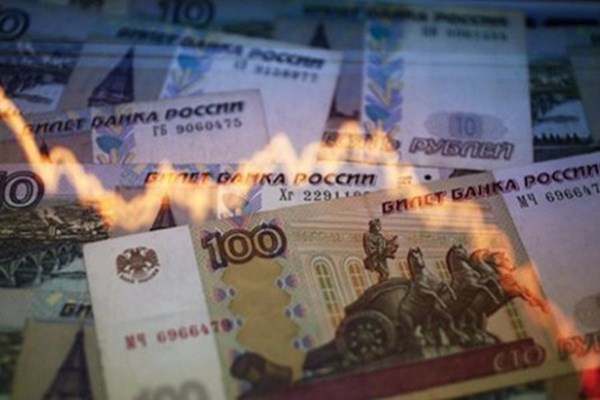Russian Finance Ministry Rejects Large Portion of Anti-Crisis Plan
Russia's Finance Ministry refuses to support a significant portion of the draft anti-crisis plan prepared by the Ministry of Economic Development. RBC reports that in the Finance Ministry’s address to the government it categorically objected to 37 items in the 86-point plan. The total value of rejected items was 210.2 billion rubles.
The most expensive demand rejected involves funding agriculture with an additional 23 billion rubles. A similar decision concerns an additional subsidy of discounts for domestic agricultural machinery (10 billion) and another additional capitalization of "Rosagroleasing" (2 billion).
The Ministry of Finance also disagreed with the anti-crisis stimulation of scientific research development works at 21 billion rubles, offering to achieve these goals instead through long-term contracts with organizations involved in the implementation of the state defense order.
The application for industrial subsidies to partially pay for loan interest was rejected. The Ministry of Economic Development had proposed to allocate 12.2 billion rubles for that purpose. The Ministry also refused to support 16-billion ruble expenditure to supply medicine to citizens.
The final version of the document had fewer approved items—only 86 out of the proposed 97—with the total value falling from 737 billion rubles to 731 billion. On Tuesday, February 2nd, the crisis management plan will be considered at a meeting with Prime Minister Dmitry Medvedev.
Initially, on January 28th, the Head of the Economic Development Ministry, Alexei Ulyukayev, said that the anti-crisis plan calls for spending 750 billion rubles. According to him, 310 billion rubles would be allocated to different regions in the form of loans. This procedure is already in the 2016 budget. Another source would be the government's anti-crisis fund, which amounts to 220 billion rubles.
Afterwards, the media published the details of the plan. The document has been modified since its preliminary review. For example, in the latest version of the plan, expenses were reduced by one third, from 220 billion to 150 billion rubles.
